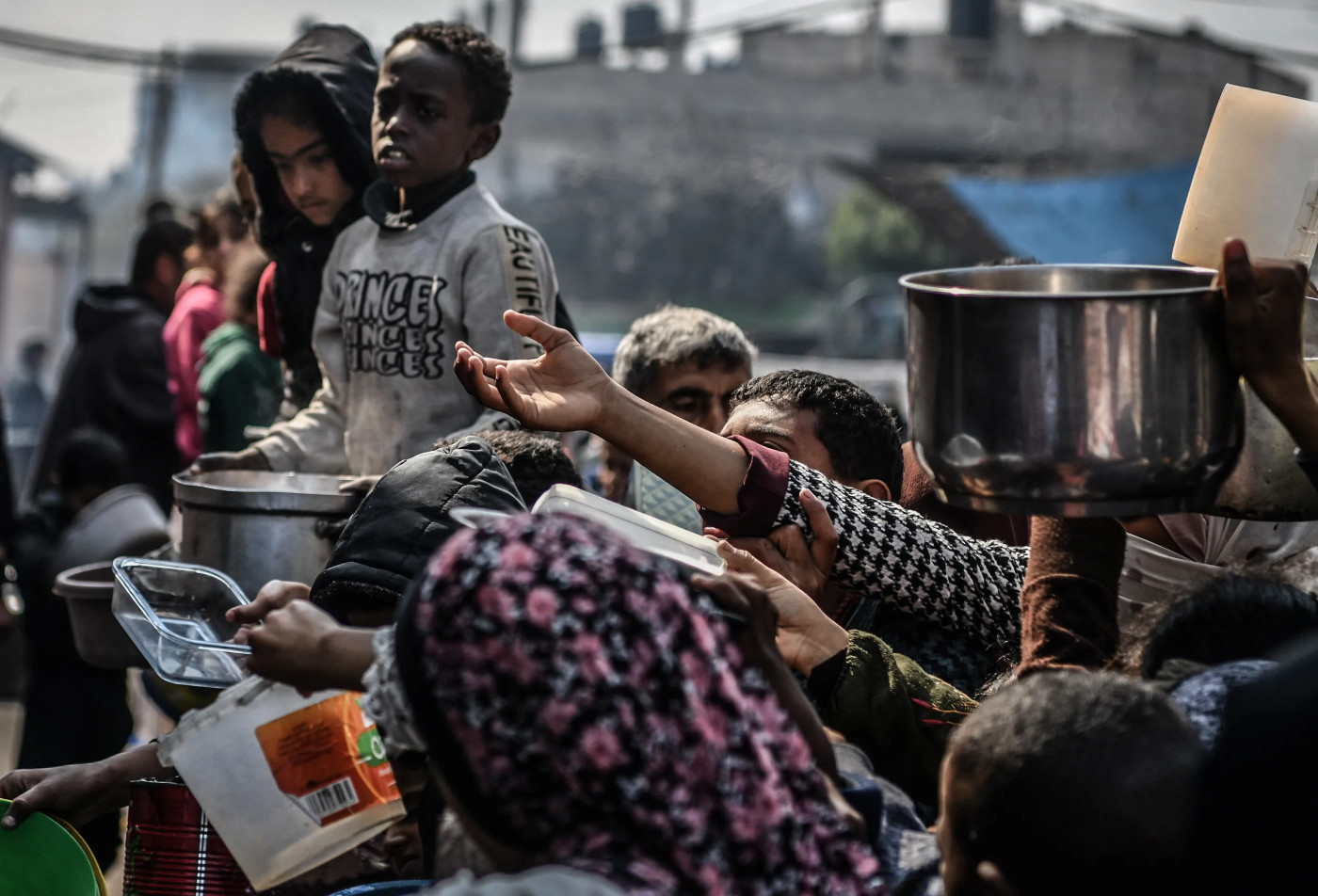Israel's Precision Operations Are Second to None. But They Aren't Cost Free Either | Opinion
Last week's assassination of Ismail Haniyeh, the head of the Hamas Political Bureau, was about as masterful as you can get. While Israel hasn't formally claimed responsibility, the entire operation was in keeping with its modus operandi. The Israelis not only have the capability to execute this kind of strike—the Mossad is one of the most impressive foreign intelligence services in the world and has a long history of eliminating Israel's enemies regardless of where they reside—but also the motive. Israeli Prime Minister Benjamin Netanyahu and Israeli Defense Minister Yoav Gallant have both been vocal since Oct. 7 about taking Hamas' entire leadership off the board. There is "no difference between a terrorist with a Kalashnikov and a terrorist in a three-piece suit," Gallant said back in November.
Whether a bomb was smuggled into Haniyeh's sleeping quarters or a short-range missile killed him is irrelevant. Either way, the top Hamas political official, a man who was under Iran's care and was a dignitary at Iranian President Masoud Pezeshkian's inauguration hours earlier, was a calamity for the Iranian security services and just the latest in what has been a long string of Israeli-sponsored assassinations on Iranian soil. More than two dozen senior Iranian intelligence officers and military officials were reportedly arrested after Haniyeh's death, a sign that Tehran's security apparatus is desperate to sniff out potential moles.
But these types of targeted killing operations must also be looked at strategically. Killing Haniyeh was obviously the priority. But if the killing, however justified on a moral level, leads to unintended consequences or makes accomplishing other goals more difficult, then it's fair game to question whether the operation should have gone ahead. Tactical successes can lead to strategic failures.
This is not to accuse Netanyahu and his military advisers for making a hasty decision. Faulting Israel for killing Ismail Haniyeh is like faulting the United States for killing Osama Bin Laden or Ayman al-Zawahiri; all of these men are responsible for the deaths of many innocent people. Nobody outside jihadist circles is going to shed a tear for their demise.
But we shouldn't pretend there aren't costs attached to these precision operations. In Haniyeh's case, those costs could ironically lengthen a war that Netanyahu claims he wants to end.
The most immediate problem is that removing Haniyeh from the equation further complicates ongoing ceasefire and hostage release talks between Israel and Hamas, which has experienced multiple breakdowns in the months since both sides agreed to a week-long cessation of hostilities in November to exchange hostages and prisoners (the truce eventually fell apart after Israel and Hamas blamed each other for violating the terms). Those talks, which Secretary of State Antony Blinken continues to insist are in their "final stage," are in reality stalled yet again due to the conflicting series of demands that Israel and Hamas have been unable to rectify. According to senior Israeli military and intelligence officials, Netanyahu has added more conditions at the last minute, causing a blowup between Netanyahu's office and the officials actually negotiating on Israel's behalf. Two of those new conditions, per reports, include keeping an Israeli presence along the Egypt-Gaza border to prevent arms smuggling and screening displaced Palestinians who want to return to Gaza's north. Hamas has rejected both requests.
Haniyeh's death, though, adds to the problems. While Haniyeh wasn't calling the shots—Hamas's leader in Gaza, Yahya Sinwar, holds the power and will determine if Hamas signs a deal or not—he was a key part of the process, keeping Sinwar in the loop and at times clashing with him about negotiating strategy. Needless to say, killing a top member of the other side's negotiating team isn't exactly a sign of good-faith. That's certainly how Qatar, a key mediator, feels. The Biden administration may not be as strong with its words but there's no question the assassination in Tehran hit the pause button on the diplomatic effort. Asked about it, President Joe Biden said the killing "doesn't help" matters. White House officials were angry about Haniyeh's demise, not because he was a good person but because it threw a wrench into things at a highly sensitive moment. The Americans know what they're talking about—they took a similar gamble during the war in Afghanistan, killing Taliban leader Mullah Akhtar Mansour as he was traveling to Pakistan to weaken the insurgency. The result was an operational success with diplomatic consequences, coming about a year after the Afghan government first began meeting discretely with former Taliban officials.
The next problem is about internal leadership dynamics. With Haniyeh out, Sinwar, a hardliner that makes his predecessors in the movement look soft in comparison, has now consolidated power within the organization. Israel deliberately destroyed a rival power center to Sinwar, a man whose brutality knows no bounds. He got his start tracking down and killing Palestinians suspected of funneling information to Israel. He spent years in the Israeli prison system, where he tried to orchestrate his own release by planning a hostage operation against Israelis. Sinwar was a maximalist in prison exchange negotiations with Israel, asking for too much in exchange for very little. Now, that very same figure is the indisputable head of the organization.
No policy choice is cost-free. Not even when the benefits are clear.
Daniel R. DePetris is a fellow at Defense Priorities and a syndicated foreign affairs columnist at the Chicago Tribune.
The views expressed in this article are the writer's own.
Disclaimer: The copyright of this article belongs to the original author. Reposting this article is solely for the purpose of information dissemination and does not constitute any investment advice. If there is any infringement, please contact us immediately. We will make corrections or deletions as necessary. Thank you.

